It’s Not Me, It’s You. Why More and More Teens are Breaking Up with Social Media

“When I had [Instagram], literally the first thing I did every morning was check Instagram,” Stephanie C. ’25 said, who has taken a few social media breaks and is currently on a break from Instagram.
“I realized that [checking Instagram every morning] was [kind of] bad behavior, and I probably shouldn’t be doing that because I feel like a lot of my insecurities stemmed from seeing what people were posting on Instagram. So, I deleted [Instagram].” Stephanie said that she has an “academic lifestyle” of studying regularly and keeping school and her extra-curriculars her main priority. She reported feeling self-conscious about herself when she saw others post images of going out and socializing while she was busy performing at a piano recital.
Stephanie isn’t the only one who has taken a stand for her mental health by taking a break from social media. In a study conducted by the Associated Press (AP) and NORC in December 2016, 58% out of 790 American teens surveyed admitted to taking social media breaks. Teens who took voluntary breaks have reported more positive emotions since removing social media from their lives.
Both recent studies and interpersonal experiences beg the question: why are so many teens ‘breaking up’ with social media?
Because of social media’s addictive nature, many teens spend large amounts of time across various platforms. According to a study by Pew Research Center, in 2022, 35% of 1,316 American teens felt that they used at least one form of social media “almost constantly.”
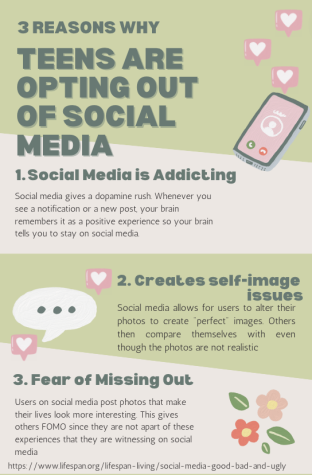
Dr. Lisa LaFave, Director of Counseling and Student Support at Westridge, said, “If I had to guess, I would say [that] being on social media probably activates the pleasure principle, like the pleasure parts of our brain, and so it feels good [to go on social media] and then to be viewing. And then when we’re not viewing…we are disconnected [and] we miss that. We miss the pleasure that we get from it, and so we get drawn back there.”
When people engage with social media, the brain releases dopamine, a feel-good chemical that enables the brain’s reward center. The release of dopamine into the brain encourages the user to use the app for longer, and to keep returning to the app long after the initial download. Additionally, teenage brains are in the midst of development, leaving young people more susceptible to the addictive properties of social media.

Along with its addictive component, many find themselves taking a break from social media due to the anxiety it creates for them. Many teens report feeling pressured to mirror the idealized and curated content that others present on social media in their own posts, which can foster anxieties around perfectionism and self-image. According to a study by Pew Research Center, 50% of girls from ages 15 to 17 say they feel unsure whether to post something on social media or not in fear of being judged or embarrassed.
All of these factors have prompted teens to attempt setting healthier habits. Some have set timers to limit themselves, and others take breaks from social media entirely–often by deleting the apps off their phones. Westridge students like Stephanie C. ’25 have also decided to take action about their presence on social media.
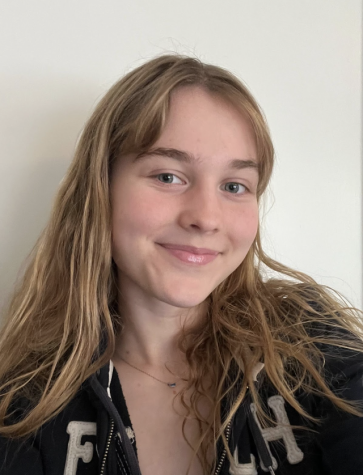
“[Social media] made me anxious and I was scared to post something and then I would look back on old posts and I would just be uncomfortable,” Yoko P. ’24 said. “So once I deleted Instagram, the anxiety was kind of gone. However, I still miss things sometimes but I am glad I don’t have [social media anymore] cause I don’t have to worry about what I’m posting anymore and there’s no more pressure to post.”
Sydney S. ’25 shared similar thoughts. “I took a social media break because I got a little overwhelmed by seeing what everyone was up to and the amount of posts on social media. I feel like I spent too much time on my phone to the point where it was affecting my emotional well-being and so I took a break for a long time…I then came back to it when I felt more confident in myself.”
Despite all of the potential downsides of social media, it can also be used to promote community and connection with others from all around the world. People can seek support, friends, or a creative outlook through an online presence. Eight in ten teenagers shared that they believed that social media helped them feel more connected to their friends’ lives, according to a study by Pew Research Center.
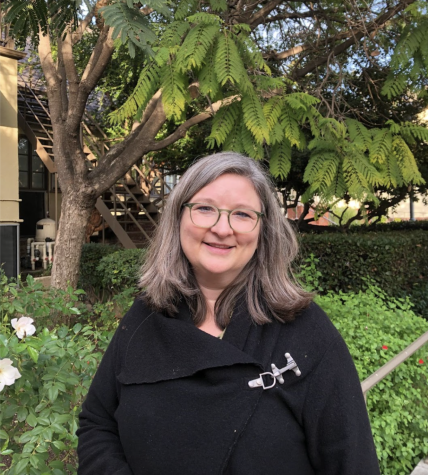
“It’s kind of a unique way for people to be connected globally, really. I mean, you can be connected to somebody in another country in ways that before social media, we didn’t really have the ability to do that.” Dr. LaFave said. “It’s unlikely that social media is going anywhere anytime soon, so it can be helpful to know how to manage it when it negatively impacts your mental health.”
Many Westridge students who have taken breaks believe in a balance between using social media and taking breaks.
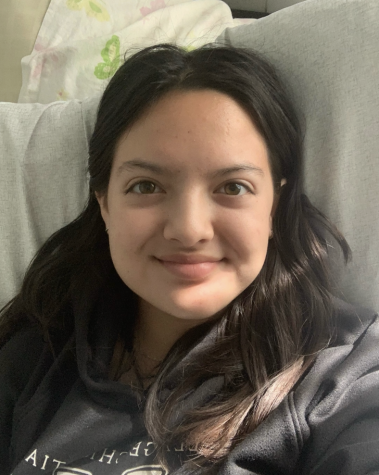
Taking a break from social media was difficult for Holly N. ’25, but she admitted that it was beneficial at times. “It was a little hard taking a break from seeing what was going on in people’s lives, but after a while, I just had to forget about it and realized I needed to focus on what was going on in my life and not so much others’. I realized a social media break is a break for a reason: you’re not supposed to be worrying about missing out on something. I would say taking a break from social media is good sometimes, but I still like going on Instagram and Twitter and keeping up with what’s happening in my friends and other people’s lives,” Holly said.
While social media has a lot to offer, sometimes the best thing to do is to take a break. “I’d say I’m definitely less reliant on it. I’d say I’m definitely a lot happier. I don’t know, I think I was just really dependent on social media for validation almost, and I only check it now when I have to…It’s definitely finding a balance, which is hard,” Stephanie C. ’25 said.
Dr. LaFave said, “I love that students are taking breaks from social media—to me that says, ‘hey, you are learning how to be responsible and you’re paying attention to how things impact you and saying, I can make a choice.’”
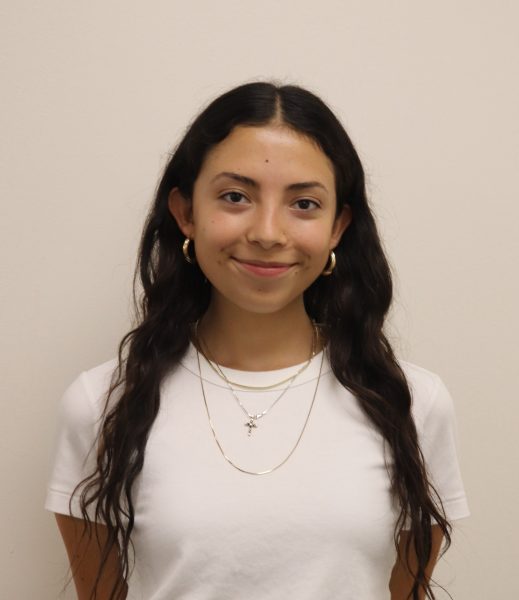
Lilah is a senior and a fourth year Spyglass staff writer. You can find her watching movies with her friends, shopping at thrift stores, and searching...

Gia is a senior in her fourth year as a Spyglass staff writer and third year as a Copy Editor. She loves solving crossword puzzles and crocheting little...




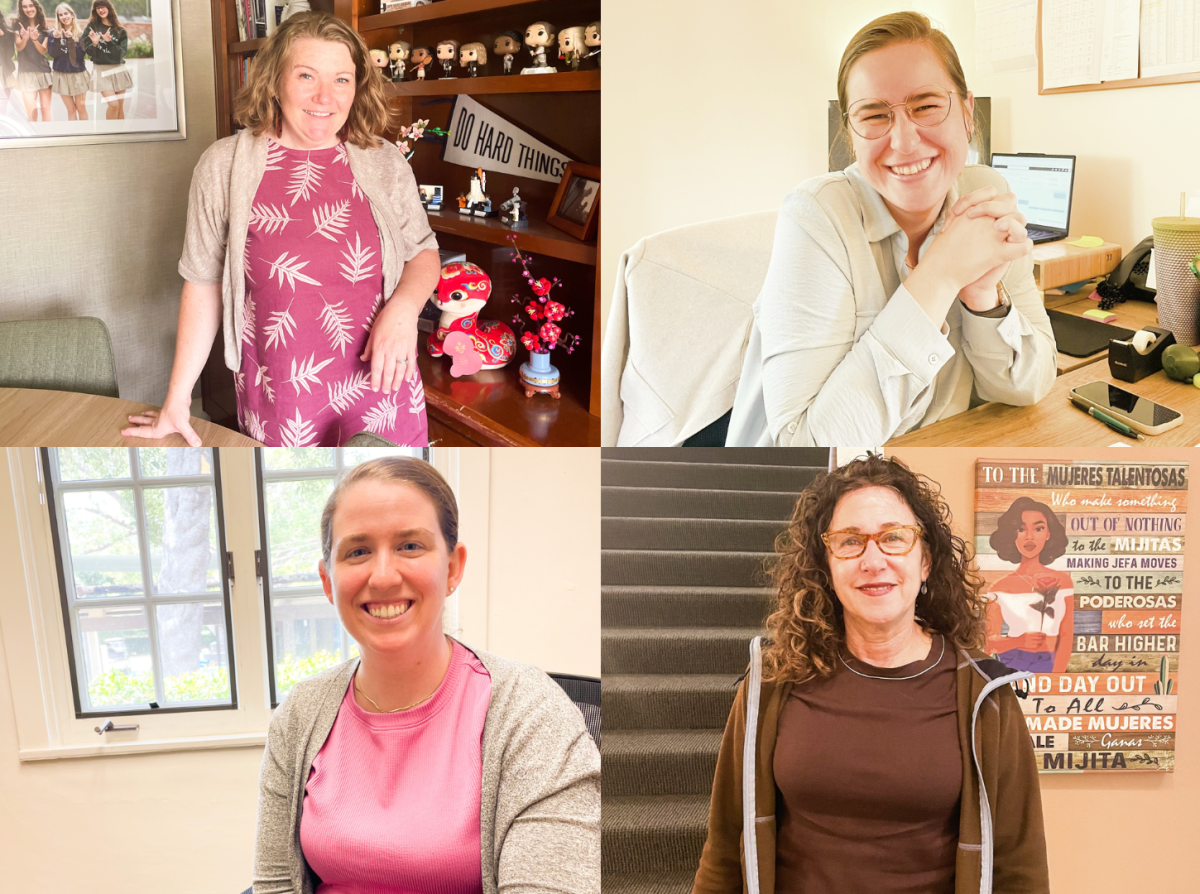
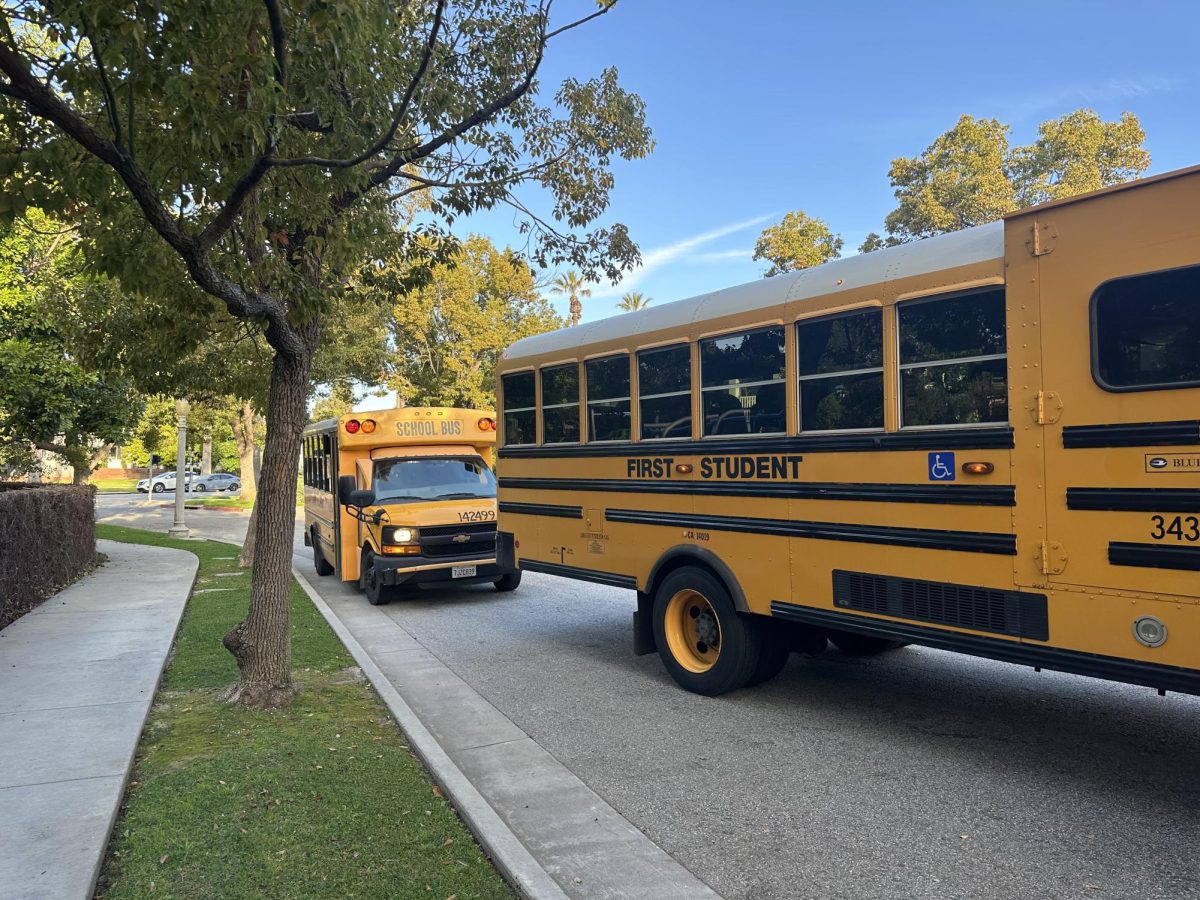


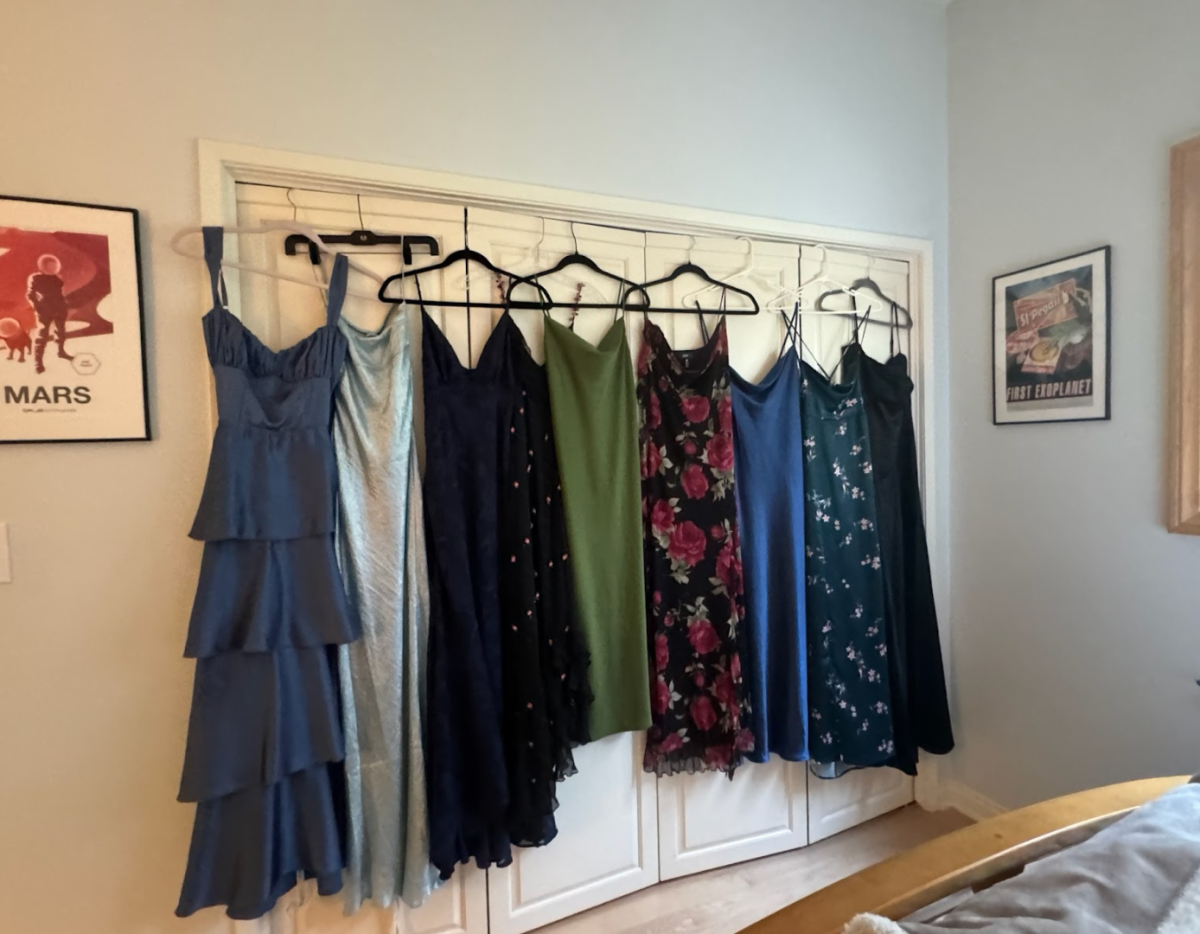








![Dr. Zanita Kelly, Director of Lower and Middle School, pictured above, and the rest of Westridge Administration were instrumental to providing Westridge faculty and staff the support they needed after the Eaton fire. "[Teachers] are part of the community," said Dr. Kelly. "Just like our families and students."](https://westridgespyglass.org/wp-content/uploads/2025/03/dr.-kellyyy-1-e1748143600809.png)








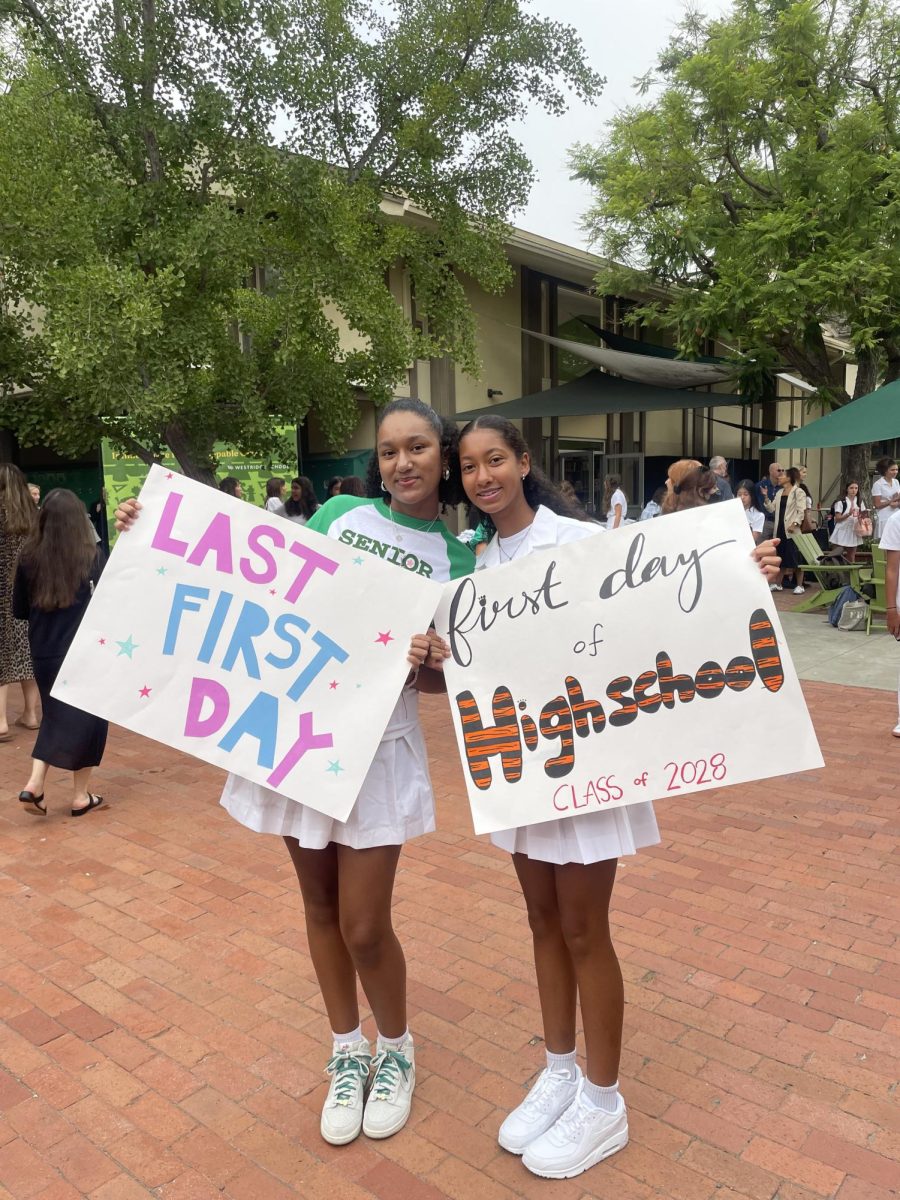













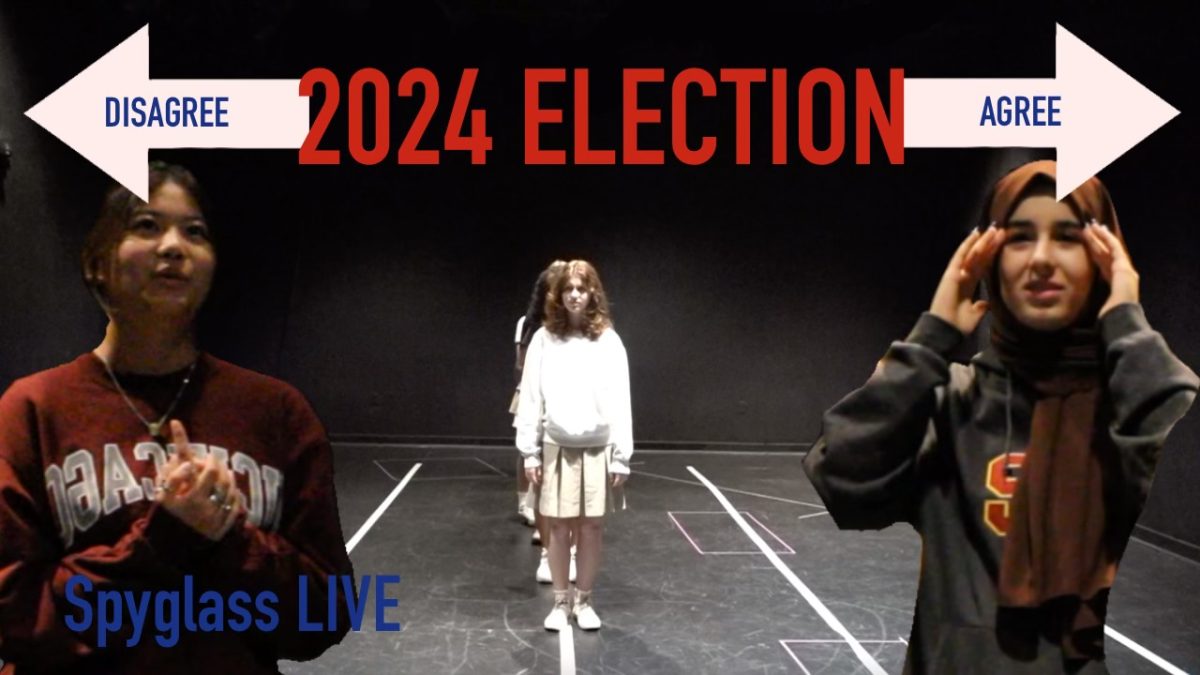






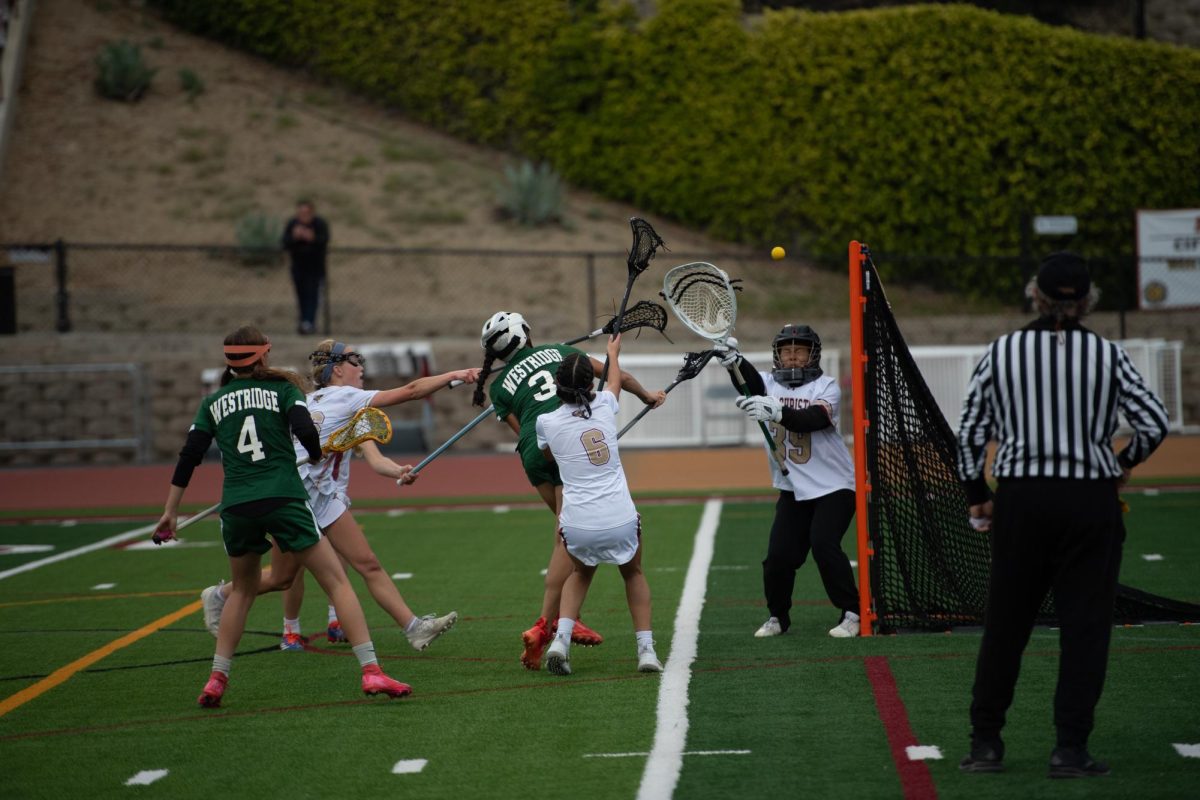







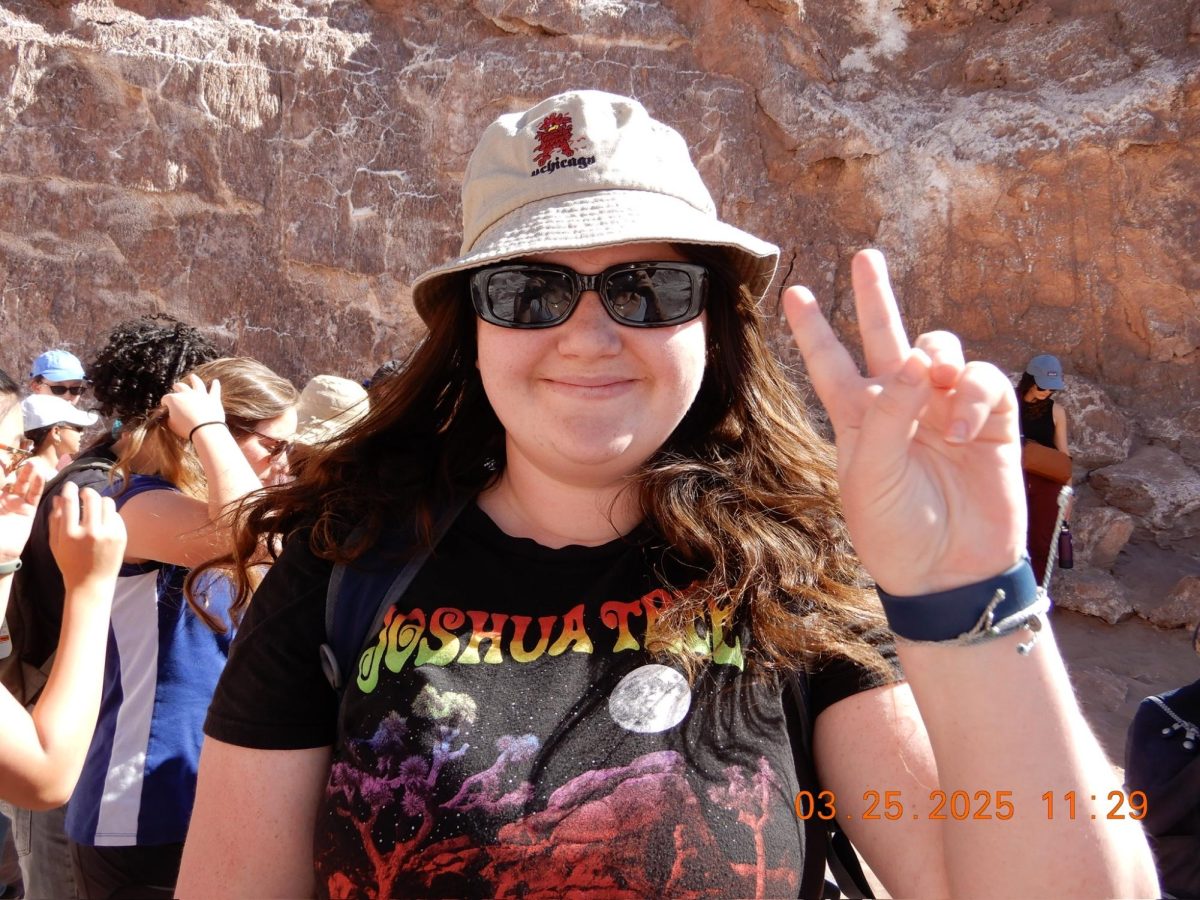





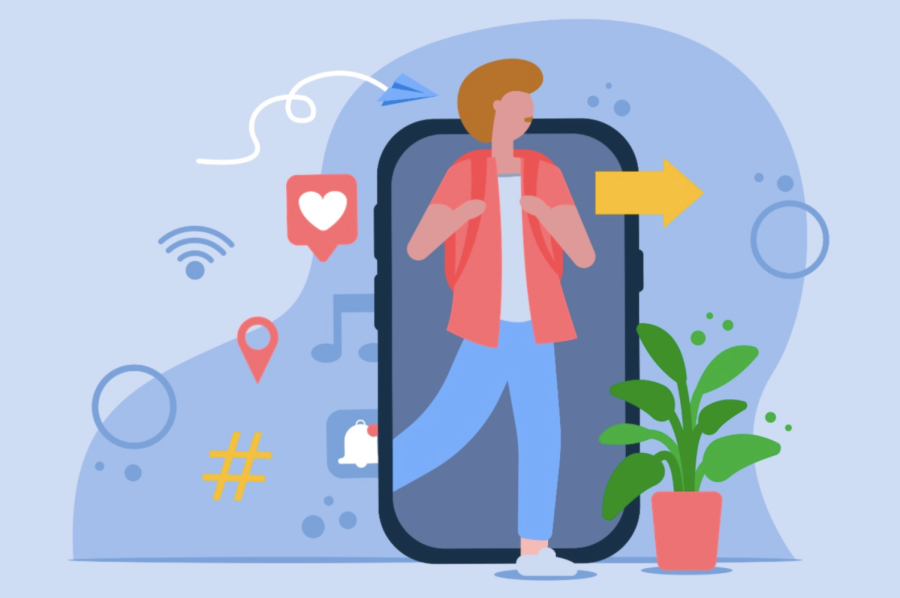


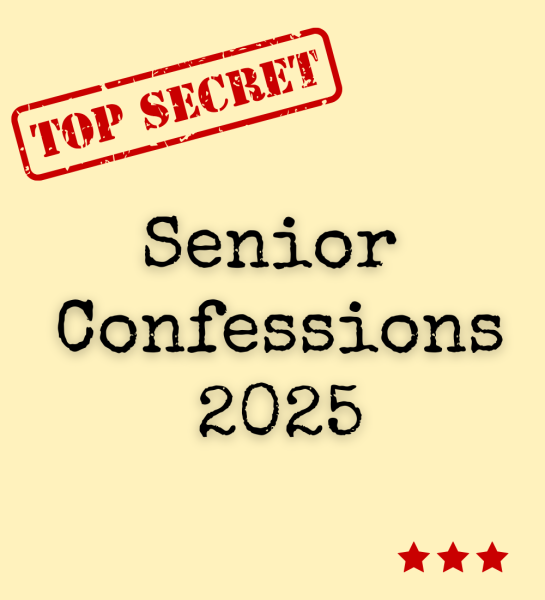
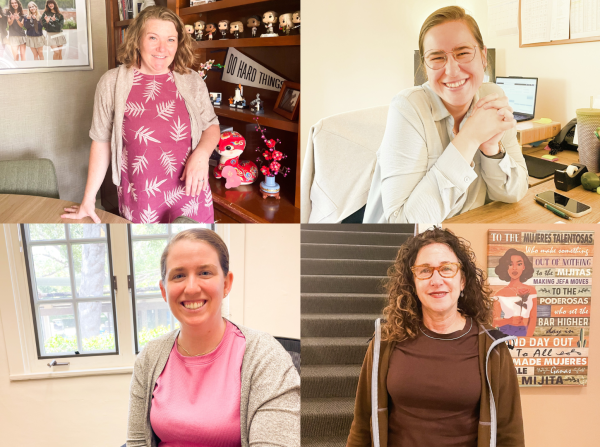
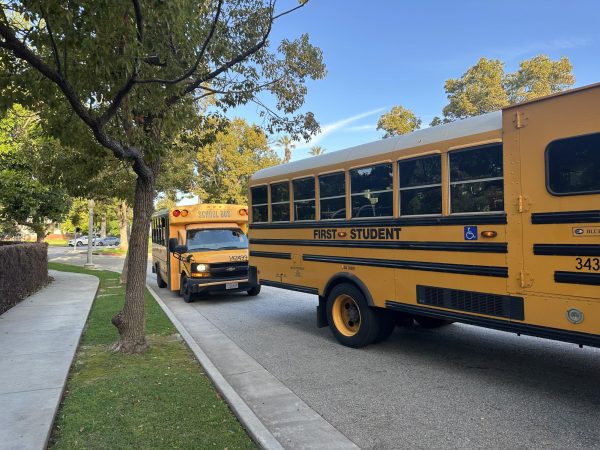
nova • Feb 6, 2023 at 9:49 am
i love it!! you go girl